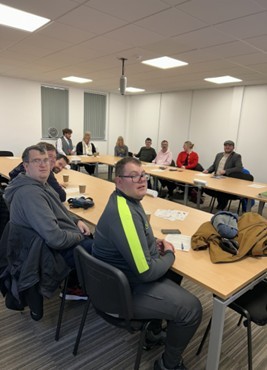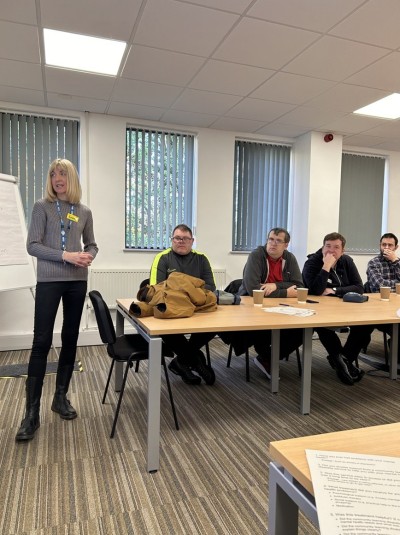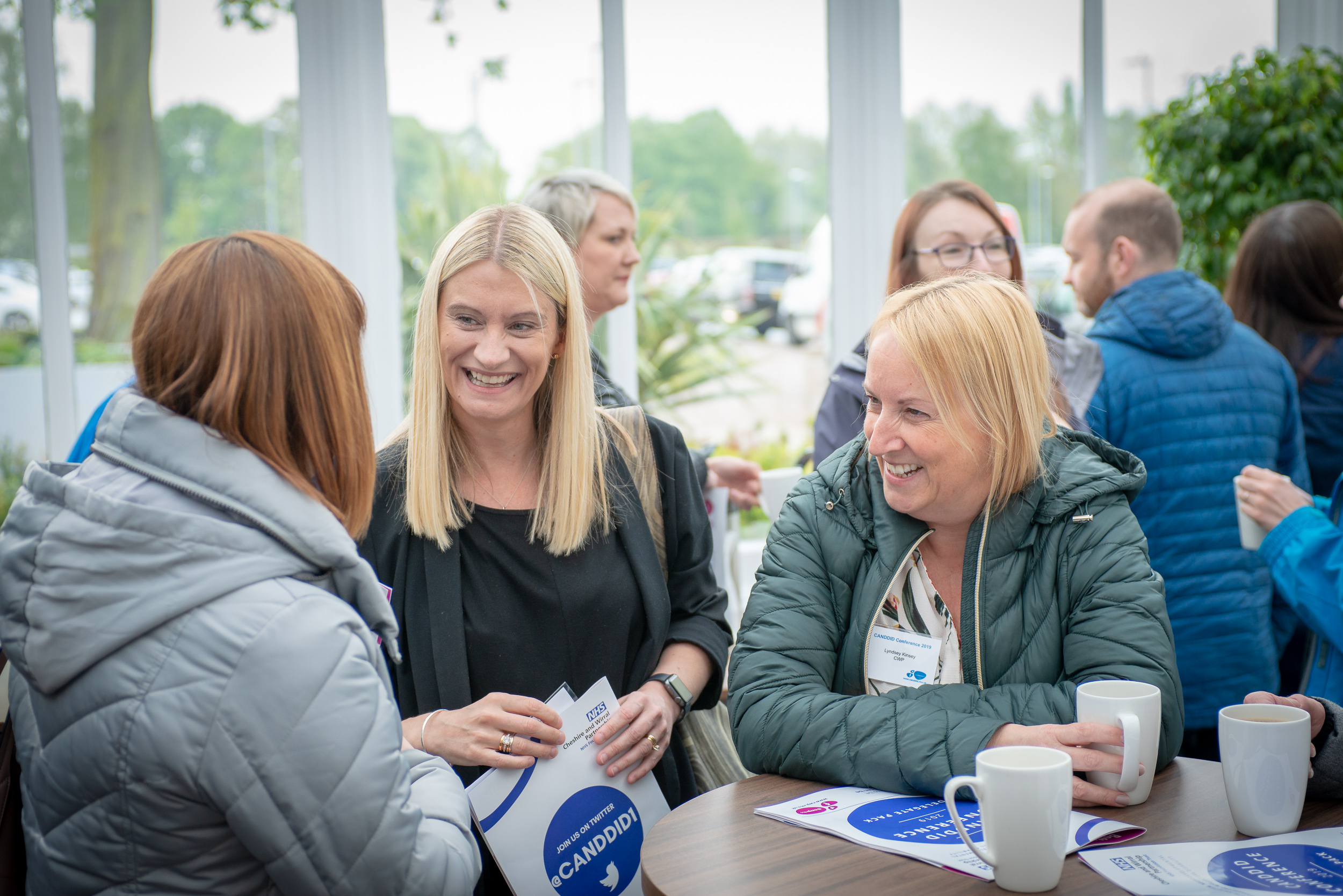
Hello and welcome to the first update of the Unlocking Excellence Project!
We are excited to share with you the first edition of our quarterly newsletter, designed to keep you updated with the progress of our research, our future plans and any other information which may interest to you.
Since this is our very first newsletter, today we’ll focus on providing a summary of the research project to refresh everybody’s minds. We will also introduce our research team and highlight our progress so far.
We value your thoughts and would appreciate your feedback on this newsletters format. If there is anything you would want us to expand on or add into future editions, please do let us know and we will try our best to do this.
Background
People with intellectual disability face higher rates of mental illness and barriers to quality care, often resulting in misdiagnoses and inadequate support. This can lead to placement breakdowns and unnecessary hospital admissions. Evidence-based community mental healthcare is essential to improve outcomes and guide services.
Why is this important
This research tackles mental health inequalities for people with intellectual disability by developing evidence-based recommendations to improve community care, promote early intervention, and enhance outcomes
Research questions
- What are the key components and barriers to effective community mental healthcare for people with intellectual disability?
- What challenges do healthcare professionals face in meeting the mental health needs of this population, and how can they be addressed?
- What are the experiences of individuals with intellectual disability and their families in accessing community mental health services, and what factors influence outcomes?
Method
Work Package 1: Scoping Review
To identify current practices and models in community mental healthcare for individuals with intellectual disability, identify gaps in community mental health provision, and identify potential areas for improvement
Work Package 2: Longitudinal Cohort Study
Using patient records to identify factors that contribute to positive or negative outcomes including examining patterns in diagnoses, treatment effectiveness, and patient responses to interventions.
Work Package 3: Staff Survey
To identify areas of best practice and understand challenges in meeting mental health needs of people with intellectual disability
Work Package 4: Qualitative Interviews
With people with lived experiences (individuals and carers) to understand their experiences of accessing mental health services
Work Package 5: Collating findings from Work Package 1-4
To develop evidence-informed recommendations
Phase 5: Pilot Project
Pilot our recommendations in a community service using a controlled design
Chief Investigators: Professor Sujeet Jaydeokar and Mr Danny Acton
Statistician: Dr Steven Lane
Qualitative Research Lead: Dr Caroline Mogan
Research Assistants: Jane Westbrook, Ruksana Begum-Meades and Rosalyn Arnold
Participation and Engagement Practitioner: Lesley Gledhill
Co-applicants: Dr Alex Cookson (Mersey Care NHS Trust), Christine Hutchinson (Lancashire and South Cumbria NHS Foundation Trust), Dr Satheesh Gangadaran (Leicestershire Partnership NHS Trust), Dr Dipti Patel (Pennine Care NHS Foundation Trust), Dr Jonathan Williams (Betsi Cadwaladr University Health Board), Angie Kemp (Autism Together) and Dr Steven Lane (University of Liverpool)
Recent Milestones:
- Protocol has been finalised
- Two meetings with co-applicants have been held
- Sessions completed with PPI team to develop study documents
Ongoing Work:
- Work package 1: Scoping Review. Results are being analysed and written up
- Work package 2: Data collection for longitudinal cohort study is underway
Aims for the next quarter:
- Gain ethical approval for Work Packages 3 and 4 so can begin data collection
- Submit scoping review for publication
- Qualitative training in public participation and involvement sessions
- First oversight committee meeting to occur
We have started working with our PPI group from Autism Together | Changing lives of people with Autism.
An introductory session was delivered by Danny, Caroline and Lesley to explain the project to the group and give them the information they needed to decide if they would like to be involved. Since then, there have been a further three sessions to work on preparations for Work Package 4 of the study (qualitative interviews). Caroline, Lesley and Jane have been working with the group in these sessions. Together we have developed the required documents for the interviews including:
- Poster advertising the study to attract participants
- Participant information sheet
- Consent form
- Interview questions.
Sessions have been well attended, productive and lots of fun. Those taking part have been given a £20 voucher each session for their contribution.
The next three sessions will begin in March and the focus of these will be qualitative interviewing. Group members who would like to, will be provided with training to co-conduct the qualitative interviews for Phase 3 of the study.
 |
 |
Upcoming events:
Poster to be displayed at CANDDID conference (14th March, Crown Plaza, Chester) - click here to register your interest to attend
The study leads will also be attending an Implementation Science masterclass at Kings College London in June.
Thank you for taking the time to read this first update of the Unlocking Excellence project. We hope you’ve found it informative and engaging
We’d love to hear your feedback, whether it’s on the newsletter format, the content we’ve shared today, or suggestions for what you would like to see in future updates. We value your views and want to ensure we’re always keeping you informed in the best way possible
You should expect our next update by the end of April, and we look forward to sharing more progress and achievements with you then
Thank you for your continued interest and support!



